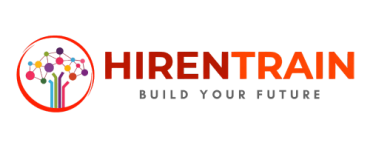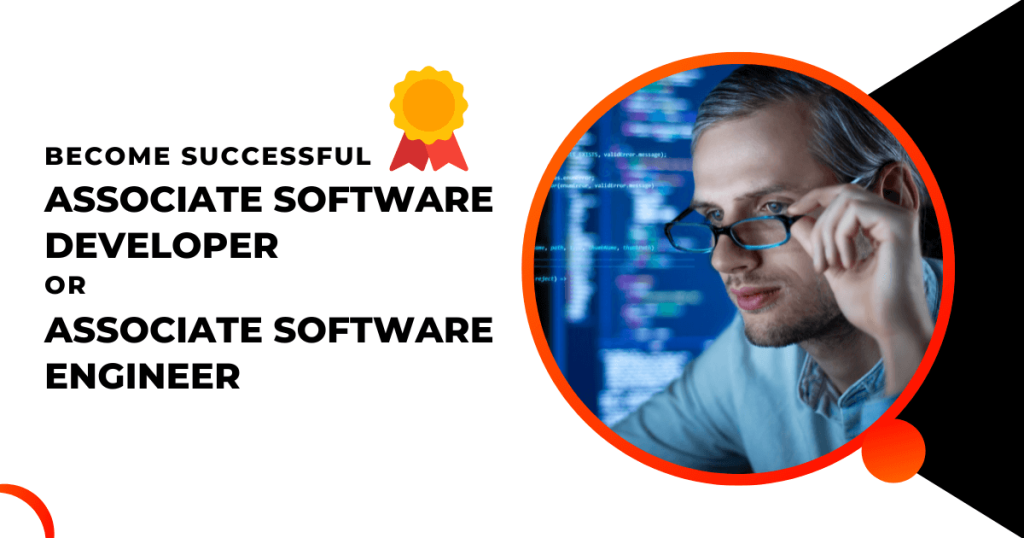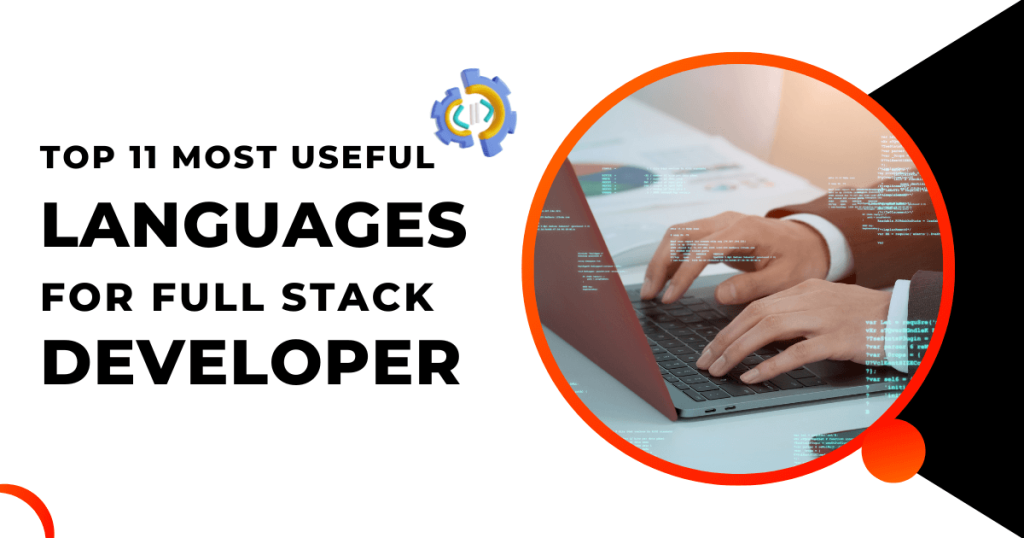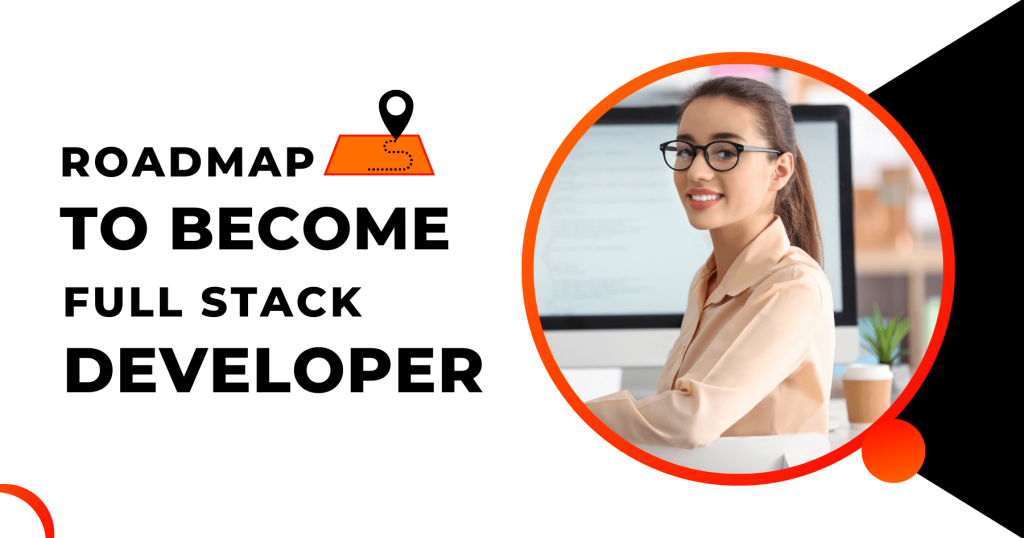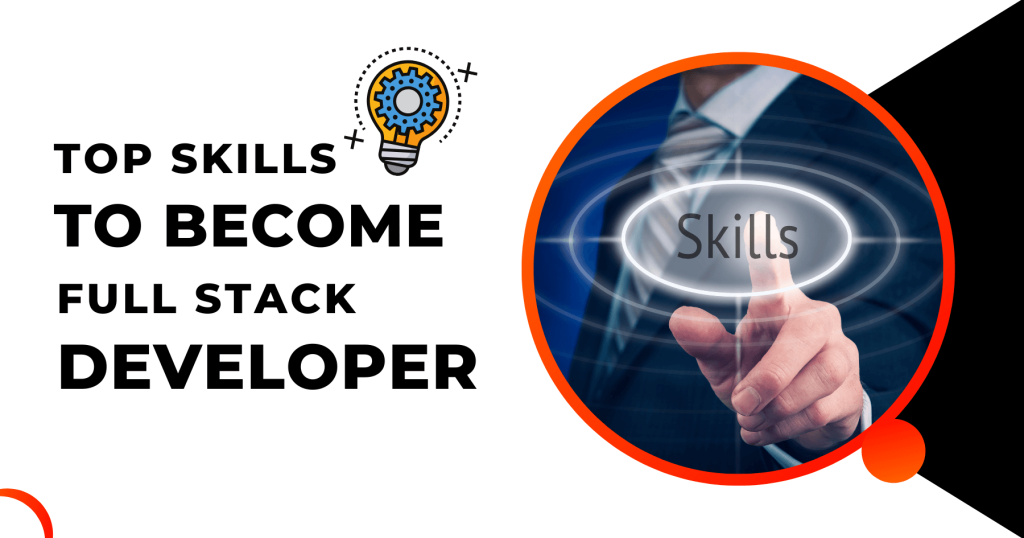Final Year IT Student : What To Do Next
The final year project for IT students plays a very important role in a student’s academic journey. No doubt that IT career in India is really great & evolving. It is an opportunity for them to showcase their knowledge, skills, and creativity and can help them stand out from their peers. During the course of their project, students may face many challenges, such as selecting the right topic, choosing the right project guide, planning their project well, reading existing research papers, publishing a research paper, implementing and testing the project, and making an effective presentation. Very scalable skills are need to be built in the final semester or final year. Making the transition from college to professional life can be a daunting experience. Final Year IT Student : What To Do Next As a final year student in the IT or computer science field, you are at the brink of a major IT career for freshers decision—what do you do next? Do you go into software development? Data science? Network engineering? It’s important to understand your options and find the right fit for you before taking the plunge. There are 6 major things you need to focus on. 1. Final Year Project After completing your final year in IT or Computer Science, there are a few things you can do to set yourself up for success in your career. Firstly, it is important to gain as much work experience as possible. This can be done through internships, volunteering, or even just working on personal projects. Secondly, it is beneficial to network with professionals in your field and attend industry events. This will help you to keep up with the latest trends and technologies, as well as make valuable connections. Finally, consider pursuing further education or certification in order to stand out from the crowd and advance your career. 2. In-demand IT Skills As a student in the IT or computer science field, you will be expected to have strong skills in programming, software development, and systems analysis. You should also be able to effectively communicate your ideas and designs to others on your team. Additionally, you will need to be able to work independently and within a team in order to complete projects successfully. 3. Soft Skilling There are a few things to keep in mind when thinking about character building for your future. First, think about what kind of person you want to be. What qualities do you want to embody? Do you want to be someone who is honest and trustworthy? Or maybe you want to be someone who is always learning and growing. Once you have an idea of the kind of person you want to be, start thinking about how you can begin to build those character traits in your life. Are there people in your life who embody the qualities you admire? Talk to them and ask for advice. Read books or articles that will help you learn more about how to develop the qualities you want. Find role models who can inspire and motivate you as you work on building your character. 4. Resume Building A strong resume is the key to securing IT jobs for fresh graduates. There are various job opportunities for IT Students. Here are some tips on how to create a CV for your IT career: Start with a clear and concise summary of your skills and experience in your technical field. Highlight your relevant experience, including any internships or work placements. Use clear and concise language throughout, avoiding jargon where possible. Check your grammar and spelling thoroughly before sending your CV off. Tailor your CV to each individual job you apply for, highlighting the key skills and experience required for that role. 5. Upskill Yourself There are a few things to consider when deciding what to do after finishing your degree in IT or computer science. One option is to continue your education and get a postgraduate degree, such as a Master’s or PhD. This can help you further your career and increase your earning potential. Another option is to enter the workforce and start working in your chosen field. You may want to consider pursuing a certification, such as becoming a Certified Information Systems Security Professional (CISSP), which can help you stand out in the job market. If you’re not sure what you want to do next, that’s OK – many students take some time after graduation to figure out their next steps. The important thing is to stay positive and keep learning, whether that’s through formal education or self-study. 6. Choose Right Mentor There are a lot of things to consider when choosing the right mentor for your IT career. Finding and working with a mentor who actually knows your vision can help you advance in your career. When you seek professional guidance from a mentor, you can gain unique insights into specific professional situations, learn a variety of solutions, and discover new opportunities for yourself. IT Career Opportunities Most of the company demands extra ordinary skills in your field. Whatever you did in the college, that’s only the basic, final task is to adopt the knowledge and skills for the market fit. During the job you have to face real time problems and challenges that you need to overcome. There are so many in-demand IT job opportunities: Cloud Engineer As a Cloud Engineer, you will be responsible for integrating and optimizing cloud computing services that house and serve a company’s information, programs, and platforms via the internet instead of a hard drive. You will also need to identify and integrate public and private cloud computing services and solutions that help organizations operate with greater efficiency, security, and attention to detail. Additionally, you will troubleshoot cloud-based platforms, advise companies on the benefits and potential risks of using cloud services, and create and update specific cloud-based software systems. Data Scientist There is a scope to become Data Scientist, where your job is to collect, analyze and interpret
Final Year IT Student : What To Do Next Read More »
